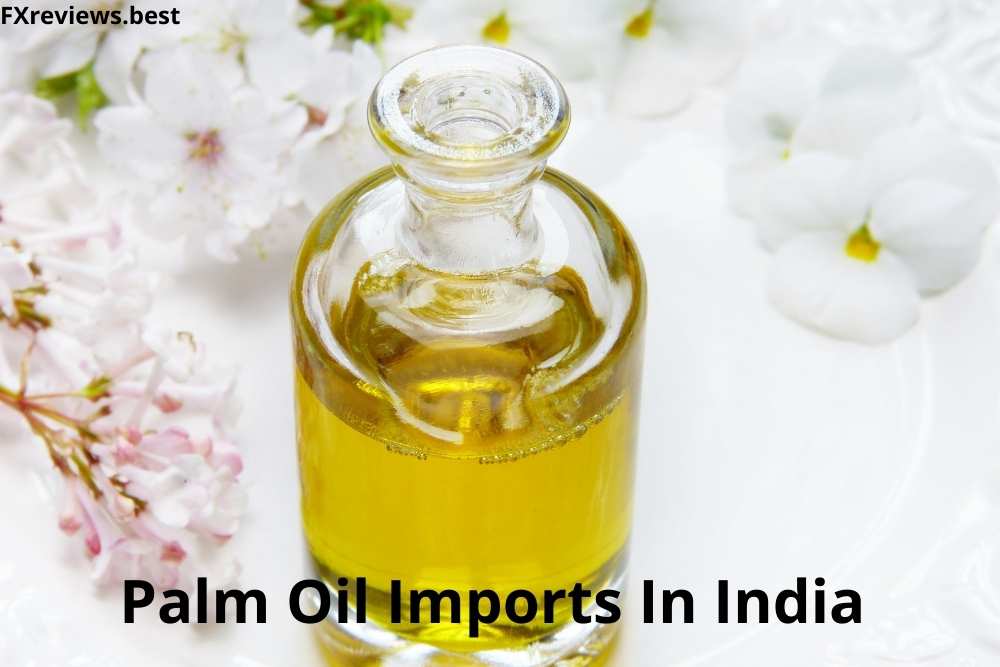Following Indonesia’s restrictions on palm oil exports and New Delhi’s decision to allow duty-free imports of soy oil, India’s palm oil imports could plummet by about a fifth.
In an effort to keep local edible-oil prices in check, India permitted duty-free shipments of 2 million tonnes each of sunflower and soy oil for the present and next financial year. Palm oil is primarily imported from Indonesia and Malaysia, whereas soyoil is primarily imported from Argentina.
According to the average prediction, palm oil imports by the world’s largest vegetable oil importer will drop to 6.7 million tonnes in the marketing year, the lowest level since 2011. Imports of soy oil could increase by 57% to a new high of 4.5 million tonnes.
This adjustment might put downward pressure on Malaysian palm oil prices, increase soy oil imports to new highs, and support soy oil futures prices in the United States. The duty structure has made soy oil more appealing to purchase than palm oil.
After a three-week suspension, Jakarta reopened palm oil exports on Monday, but industry players warned shipments were unlikely to continue until specifics on how much must be held back for local consumption became available.
For June exports, crude palm oil was offered in India at around $1,775 per tonne, including cost, insurance, and freight, compared to $1,845 for crude soybean oil.
It buys sunflower oil from Russia and Ukraine, but supplies are unlikely to increase in the coming months until the Black Sea region’s geopolitical situation improves. However, due to a 5.5 percent import duty on palm oil, the effective price for Indian purchasers is about $1,875.
Gold prices fell on Wednesday, weighed down by a stronger dollar, as investors await minutes from the Federal Reserve’s May policy meeting, which will be released later in the day.
Rising interest rates in the US raise the potential costs of owning non-yielding gold and strengthen the dollar in which it is valued. Headlong rate hikes could cause severe economic disruption.
More at: FXreviews.best



